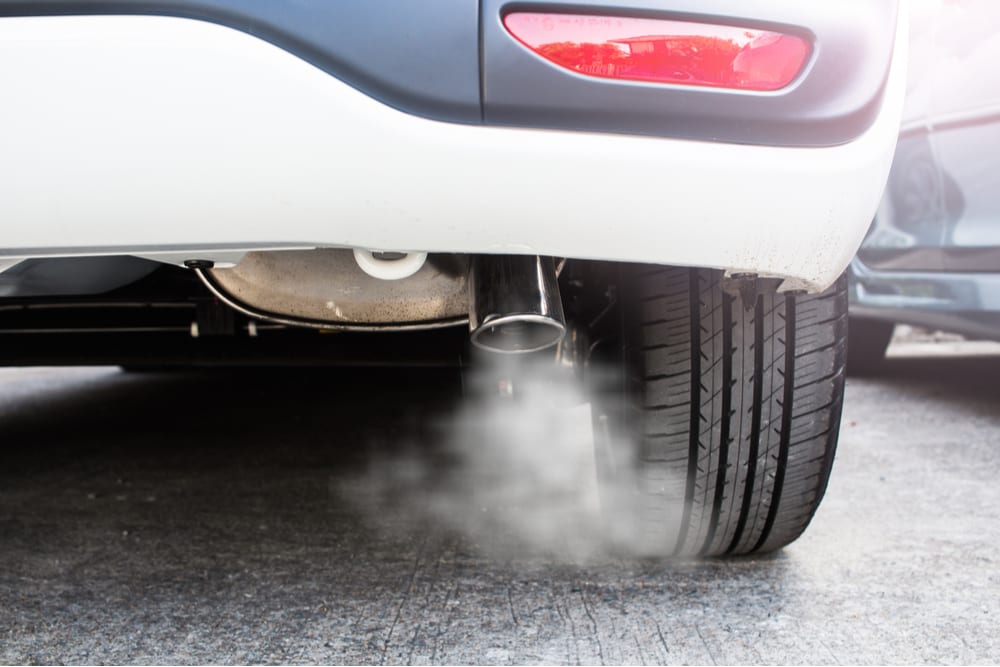Self-driving (often called autonomous) vehicles represent a paradigm-shifting technology that is sure to have a dramatic impact on how people travel in both the United States and around the world. Here’s our guide to self-driving vehicles and the future of personal injury law.
Self-Driving Cars
Every day, people get into car crashes due to negligence, user error, bad reaction times, and just plain bad luck. In fact, according to the Association for Safe International Road Travel, 2.35 million Americans are injured or disabled in road crashes every year. But the rise of self-driving cars means that driving safety may no longer rely on the motorist, but the car itself.
Self-driving cars may radically change transportation as we know it, eliminating many of the reasons people cause automotive crashes. Computers can’t get distracted, they can’t get drunk, and they can more easily adjust for adverse conditions such as snow, rain, and fog. And, while in this sense, self-driving vehicles offer major potential benefits, the reality may be a bit more complex. Also, it raises some serious questions about personal injury law like, for example, who is at fault if a pedestrian gets struck by an autonomous vehicle?
Autonomous Vehicles And Liability In Personal Injury Cases
One of the biggest issues when it comes to self-driving cars is a liability. Auto manufacturers would be risking a whole lot by selling cars that don’t need to be driven; they’d be on the hook for selling a defective product if a flaw in their hardware or software leads to an accident. Because of this, it’s likely that car manufacturers won’t gamble with the claim that their cars can really drive themselves, even if they are in every sense able to do that. This is exactly why car companies like Tesla put disclaimers on their vehicles that drivers have to agree to that say things like “you should not remove your hands from the steering wheel while your car is on autopilot,” as a way to protect themselves from litigation.
While drivers have their own flaws, technology is imperfect as well. Computers may not get drunk or distracted, but it’s always possible for software to malfunction, or for a computer to get a virus. New technology like self-driving cars will need to be tested for years to eliminate any “kinks” that could put motorists’ lives at risk.
There is also the technological-adoption issue of consumers not being willing to accept a totally self-driving car. Some find the idea very scary and are unwilling to try it, which is why self-driving cars will probably maintain traditional driving options like steering wheels and human controlled gas pedals for a long time. Even a great deal longer than they are technically necessary. Consumers, as a rule, won’t usually adopt a new technology unless it’s a degree of magnitude better or, in this case, safer than what they are currently doing/using.
So while the future for auto accident cases with self-driving cars is unclear, it’s still likely that auto accident cases will be a profitable practice area for many years to come. After all, self-driving cars don’t eliminate all traditional cars in traffic, or drivers that take control of their automated cars when they should not.
If you’re considering filing a wrongful death or accident claim in Florida and need an attorney to provide personalized and comprehensive service, give Marsalisi Law a call today at 727-800-5052 for a free, no-obligation consultation.







